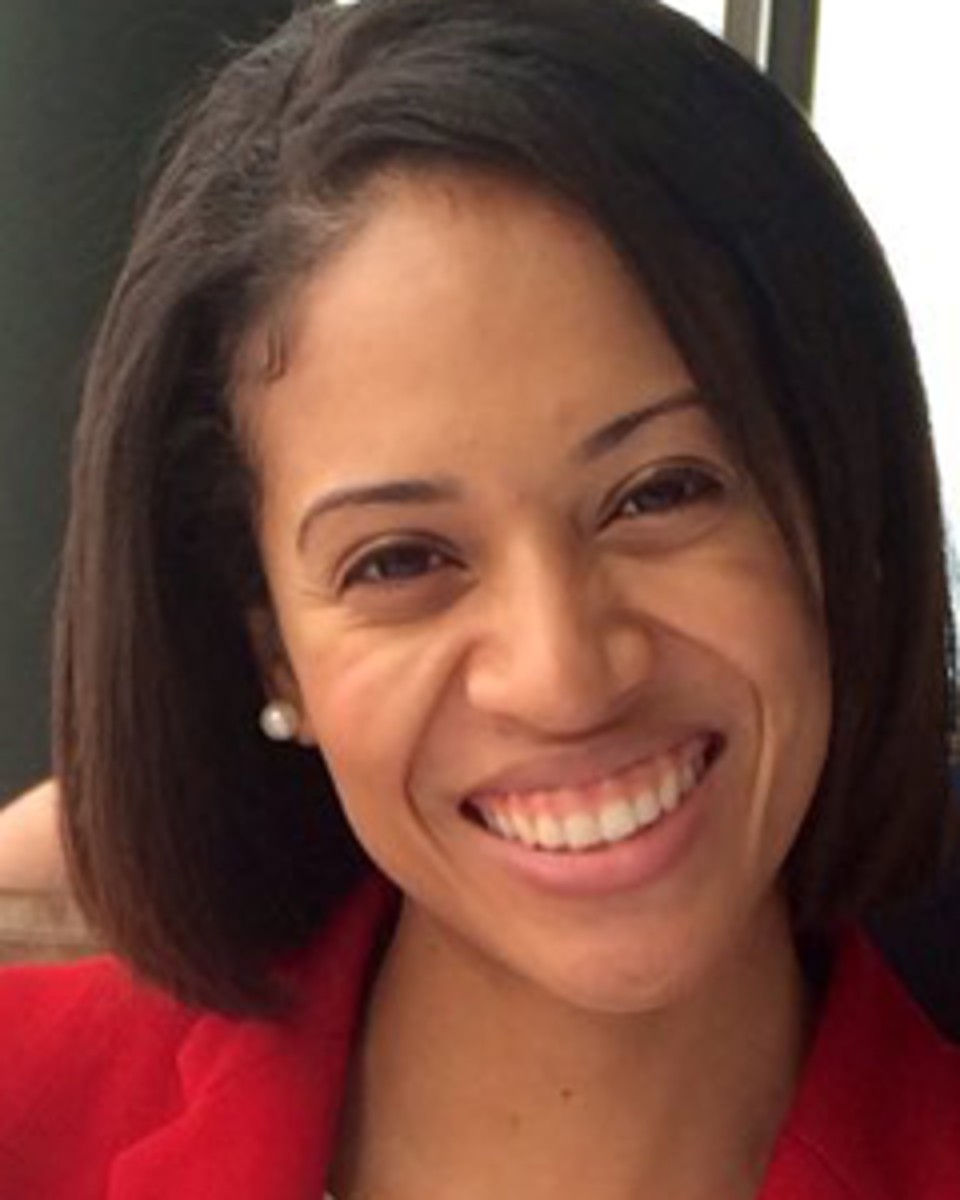One-Pager Published October 29, 2018 · 4 minute read
Negotiated Rulemaking 101: A Panel of Experts Weigh In
Molly Simon

What is negotiated rulemaking?
Response by Jamienne Studley, President and CEO of the WASC Senior College and University Commission (WSCUC)

“1. An optimistic idea for listening to diverse stakeholder viewpoints and seeking agreement on a common approach to a federal education regulatory responsibility that is often successful
2. A requirement forced on the Department of Education by Congress (see also master calendar rule)
3. A statutorily compelled opportunity to sit at a crowded table and see if it’s possible to reach consensus on a proposal that would be published as an NPRM instead of what the Department of Education would publish on its own, which depending on the year, the administration and the topic may be closer to or further from you own preferred position than the consensus
4. All of the above.”
How do they decide who to put on a specific neg reg?
Response by Nathan Arnold, Senior Policy Advisor at Education Counsel

“The Department of Education (Department) is required by law to select a committee that represents the communities that will be affected by the proposed regulations and who have expertise in the subjects under negotiation. This typically includes students, accreditors, and a mix of institutions from different sectors and parts of the country. In reality, the Department can choose whoever it wants and how many total committee slots will be available. The Obama Administration typically had more slots reserved for consumer representatives and legal aid organizations; the Trump Administration has so far favored more slots for different types of institutional representatives. Negotiators have a better chance of being selected if they are nominated by a major membership organization, if they can represent the perspective of multiple communities of interest, and if they have demonstrated a willingness to work with those who disagree to achieve consensus.”
What is the Department of Education regulating on now and why is it important?
Response by Clare McCann, Deputy Director for Federal Higher Education Policy at New America

“What isn’t the Department regulating on? It announced its regulatory agenda earlier this year with no fewer than a dozen, disparate issues on it. Secretary of Education Betsy DeVos is looking at everything from the triad--rewriting accreditation and state authorization requirements--to program integrity requirements like the definition of credit hours, which form the basis of all federal aid, and a requirement in the law that distance education programs, unlike correspondence courses, have substantive interactions between students and an instructor. As underpinnings of the entire system, dismantling these rules and regulations will have wide-ranging implications and significant costs both for taxpayers and for students.”
How can you impact the negotiated rulemaking process?
Response by Kelly S. Leon, Communications and Advocacy Officer at the Institute for Higher Education Policy (IHEP)

“Remember that your voice and your perspective matter in the negotiated rulemaking process. Take opportunities to submit written comments and deliver oral comments. These comments can be submitted by an individual, on behalf of an organization, or on behalf of a group of organizations. For groups, start by galvanizing interest and build momentum among like-minded thinkers. These can include fellow researchers, think tanks, associations, universities or advocates. If you share the same goals for regulatory outcomes, submit joint comments and select an individual to speak on behalf of your coalition at the end of each day’s negotiations. Publish copies of your comments on your websites, blogs, and share them with members of the press who may be interested in the regulatory issue. If reporters bite, policy-watchers who may not be tuned in to the minute-by-minute rulemaking will definitely track the press coverage.”
What has the Department of Education used neg reg for in the past (Obama & Trump) and what happened?
Response by Jillian Klein, Vice President, Government & Regulatory Affairs at Strategic Education, Inc.

“The Obama administration used negotiated rulemaking often – sometimes as a response to legislation, and at other times as a proactive measure to drive policy changes. The rulemakings that arguably encompassed the largest amount of time and resources for the Obama Department of Education – the Gainful Employment Rule and Borrower Defense to Repayment Rule – continue to face uncertain futures due to active litigation and subsequent rulemaking by the Trump administration. The Trump administration has largely been in a period of undoing Obama-era regulations by way of negotiated rulemaking over the past two years, and are now kicking off a new negotiated rulemaking session this winter that will include topics related to innovation and accreditation.”
